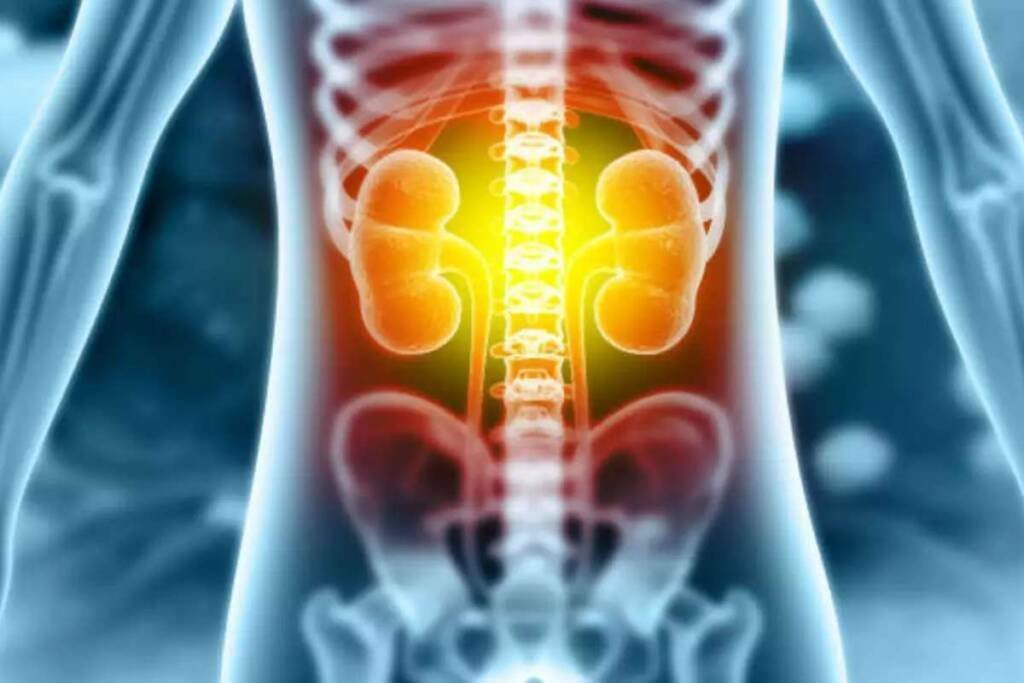The FDA has granted fast track designation (FTD) to IVS-3001, an innovative chimeric antigen receptor (CAR) T-cell therapy, intended for the treatment of patients with renal cell carcinoma (RCC), as reported by Invectys.
The compelling data presented in the investigational new drug application for IVS-3001, seeking approval of a first-in-human, single-arm, open-label, Phase I/II trial (NCT05672459), formed the basis for this fast track designation.
The phase I/IIa trial is designed to assess the safety, tolerability, pharmacokinetics, and clinical activity of IVS-3001 in patients with previously treated, locally advanced, or metastatic solid tumors that are positive for HLA-G.
IVS-3001 is an autologous CAR T-cell therapy that represents a cutting-edge immunotherapy approach, aiming to target and eliminate HLA-G-bearing cells. HLA-G is a tumor-specific antigen typically expressed during pregnancy, protecting the fetus from the mother’s immune system. In cancer, however, tumors can exploit HLA-G to create a protective microenvironment, evade the immune system, and promote tumor growth.
The goal of IVS-3001 is to counteract this mechanism and restore the body’s natural defense to effectively combat cancer, targeting the primary immuno-suppressive HLA-G isoform expressed by carcinomas. The therapy is currently in the advanced stages of preclinical development.
In vivo studies have demonstrated IVS-3001’s ability to migrate to tumor sites and eliminate HLA-G-bearing cells. In preclinical models, anti-HLA-G CAR T cells have shown a significant reduction in tumor growth.
The proposed study aims to enroll up to 117 patients, with up to 24 treated in the Phase I dose-escalation portion and up to 93 in Phase IIa. Eligible patients will have histologically or pathologically confirmed locally advanced unresectable or metastatic HLA-G-positive solid tumor malignancies that have failed or shown intolerance to standard of care therapies known to confer clinical benefit, with measurable disease, life expectancy of more than 12 weeks, an ECOG performance status of 0 or 1, adequate venous access for apheresis, and sufficient organ function.





























